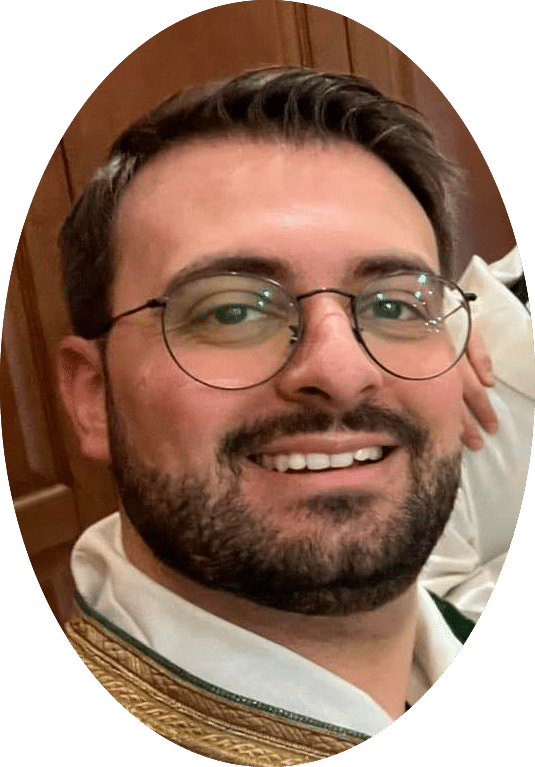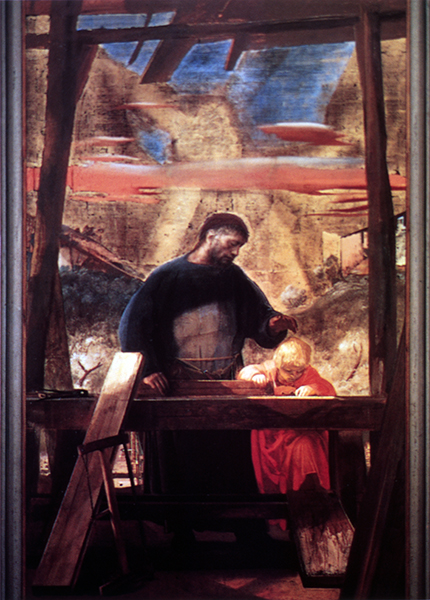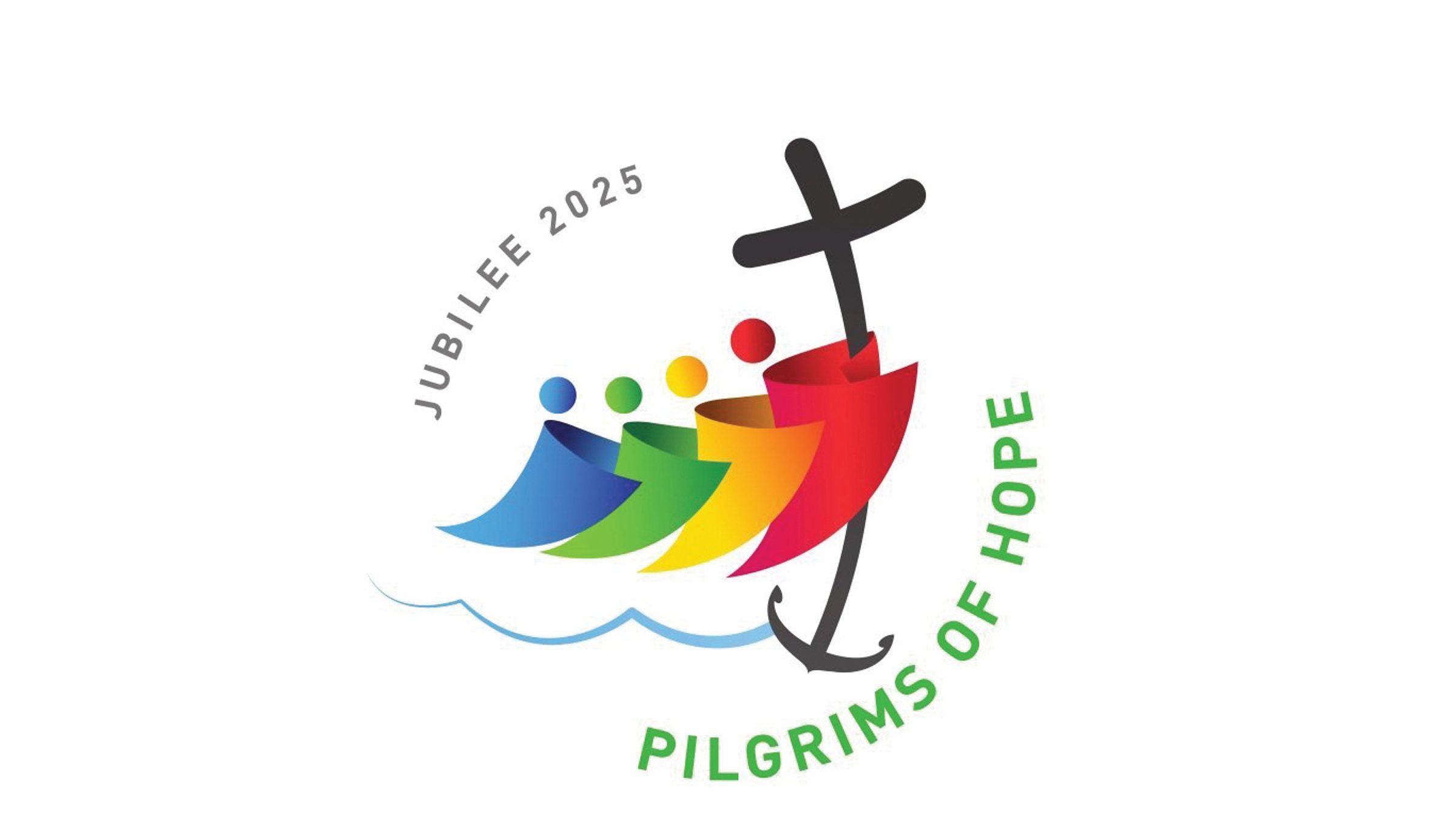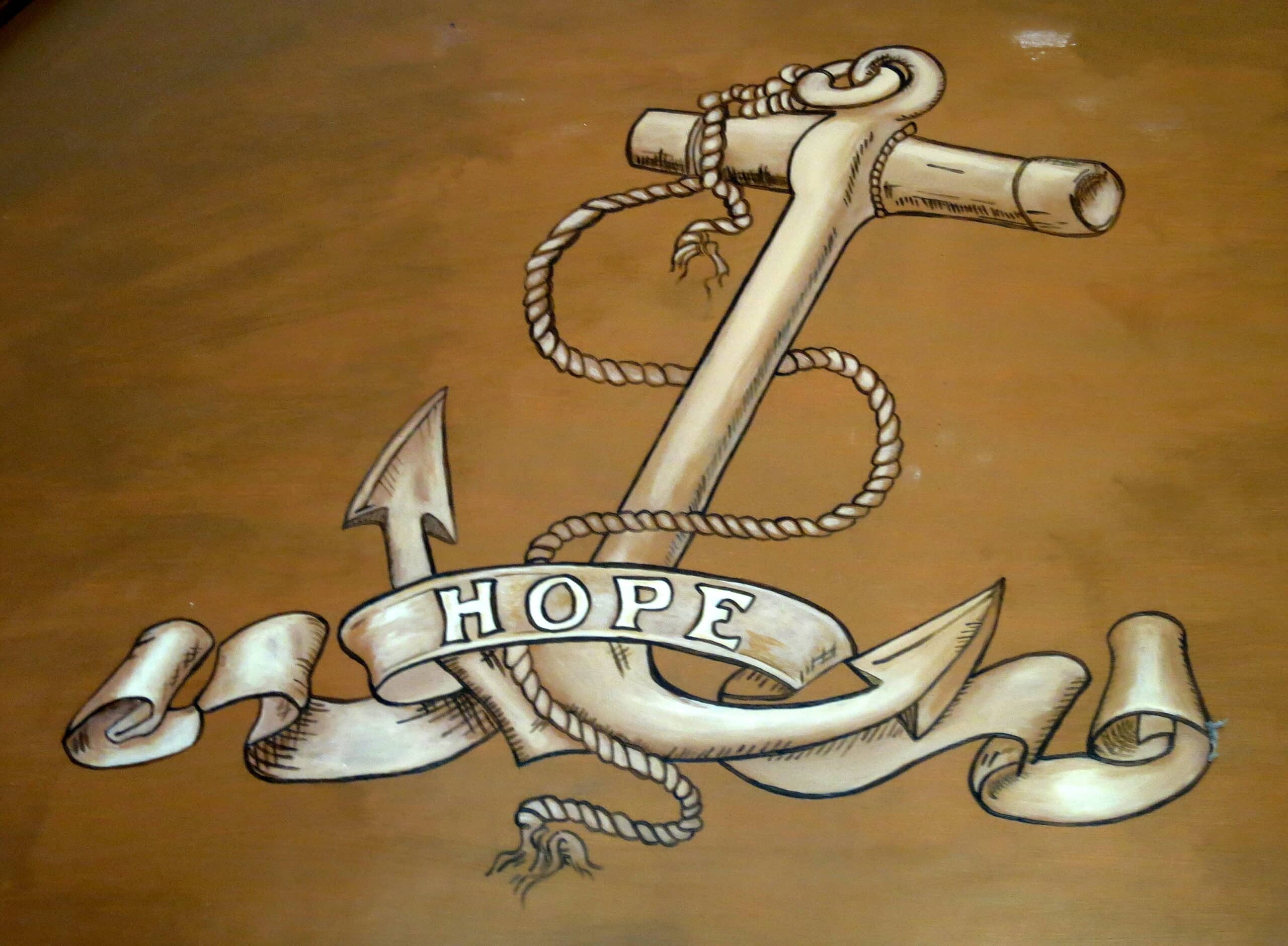“God enters the story of Mary and Joseph, the Eternal becomes time and the Incarnation becomes the now of
God, in a well-defined geographical place and in a historical period”. Mary and Joseph are called to be “keepers”
of God’s time (kairòs).
“Work, work on the improvement of youth” (L 30) wrote our beloved Founder, who in
a particular historical period, just like today, and after having experienced the cultural, moral,
and spiritual poverty of the young (“Lucky who tottered among the waves and came ashore”,
L 9) felt called to fill with meaning the life of the young people of Asti, promoting the teaching
of religion also through the work of his first brothers of St. Joseph. This desire did not arise
exclusively from the desire to do something useful for society, just think of the vastness of
social works born in that historical period, but from recognizing with certainty that man, and
in particular the young, is one of the theological places par excellence, where the presence of
God is alive, true, and tangible (“The glory of God is man fully alive”, St. Irenaeus). Marello,
therefore, was convinced that the same Jesus-God, whom “St. Joseph kept as an infant and
protected as a child and was his father in the first thirty years of his life here on earth” (L 83),
embodies in the life of every young person in a well-defined time and space. The young
person is then “God’s now“, a “Sacrament“, i.e., a tangible, authentic and effective sign of a
God who announces himself today, challenges you, provokes you, speaks to you, asks you to
be welcomed, listened to, and loved.
> What does God communicate today through our young people?
This world is violent! “Kidnapping, extortion, organized crime, human trafficking,
slavery and sexual exploitation, wartime rape, and so forth” (CV 72). In various places and
times the Lord continues to cry out through the lives of young people that his creation groans,
that it is tormented by violence, by hatred, by not recognizing in one’s neighbor the face of
God, but the face of an adversary. And here young people are the first to be tormented and
enslaved, because they are often defenseless and unable to ward off the seductions of the
hunger for power, which subsequently generates frustration and depression: death. “Many
of them end up as individualists, hostile and distrustful of others; in this way, they become an
easy target for the brutal and destructive strategies of political groups or economic powers“
(CV 73).
This world discriminates! In a period where it is fashionable to place at the center of
social discussion a bigoted Church, stuck in the Middle Ages, which discriminates, judges,
unable to evolve with the society, which does not welcome the innumerable gender
differences imposed by the Gender culture, with great force, the Lord cries out through the
voices of the young, that those who discriminate and create human divisions are society itself!
We witness many forms of marginalization and social exclusion on a daily basis, for many
reasons: religious, ethnic and economic. Young people feel the urgency to tell the world that
freedom does not depend on what is imposed, manipulating hearts and minds through
innumerable blunders, but only and exclusively on a love that is generated by encounter,
dialogue, trust…by the Gospel!
This world enslaves! One cannot fail to think of the slavery that this society imposes on
all vulnerable adolescents and young people, who allow themselves to be oppressed by
“various forms of addiction (drugs, gambling, pornography and so forth), and the plight of
street children without homes, families or economic resources” (CV 74). Even the world of the
web and social media are undoubtedly a place where young people spend a lot of time, where
they meet and are a great opportunity for dialogue, as well as information and knowledge.
But at the same time it can become a “territory of loneliness, manipulation, exploitation and
violence, up to the extreme case of the dark web; progressive loss of contact with concrete
reality, hindering the development of authentic interpersonal relationships” (CV 88).
There is therefore a thirst for affection, for true and authentic love, for tenderness, for loving
and sincere looks… for humanity! It is love that sets us free and physically distances us from
all forms of slavery.
> Young dreamers like Joseph: well-rooted in the present, but with an eye to the future!
This is the world and the present that young people live and breathe, that they do not
despise or judge, but that they want to make better, because they recognize that it is God’s
most beautiful work. It must be loved and helped starting from their dreams, from their
hopes, making the most of the possibilities that this life gives them. They certainly want and
are today’s protagonists, protagonists of change! Like Joseph, they feel called to a particular
mission: that of guarding and protecting the beauty of man, building day after day places and
spaces for sharing, dialogue, listening, for a more just and fraternal civilization. “Continue to
fight apathy and to offer a Christian response to the social and political troubles emerging in
different parts of the world. I ask you to build the future, to work for a better world” (CV 174)
says Pope Francis to young people. And we, just like Mary and Joseph, are called to be
attentive and present custodians of God’s today, accompanying their maturation process,
their emptiness, their failures, their perspectives, their dreams, their being living presence
and true of a God-with-us, today, always.
L = letter extracted from the Epistolary of San Giuseppe Marello.
CV = “ Christus vivit ” , apostolic exhortation of Pope Francis (2019).

Fr. Alessandro Lippolis, OSJ (Italy)
(In charge of the pastoral care of vocations)




